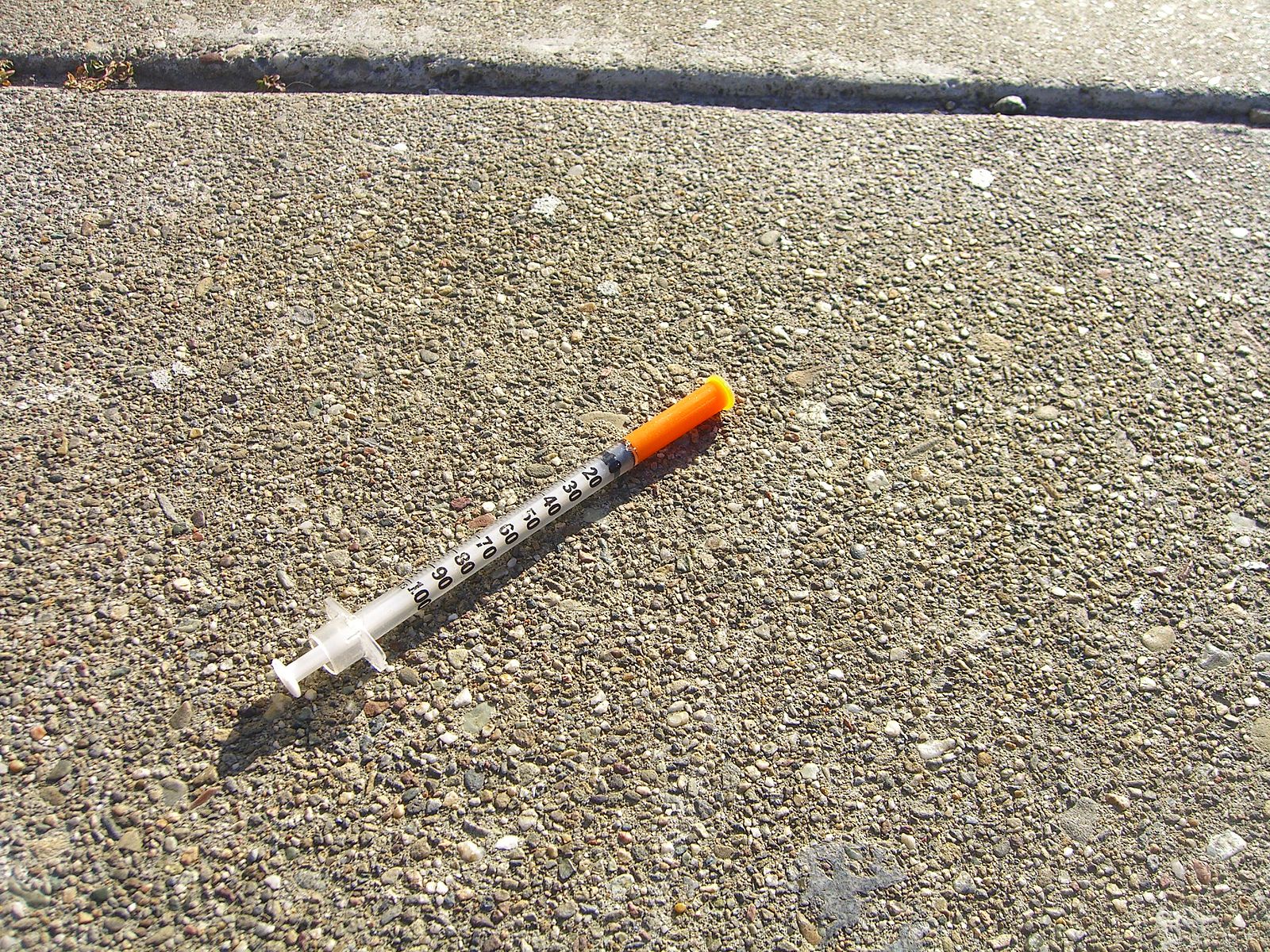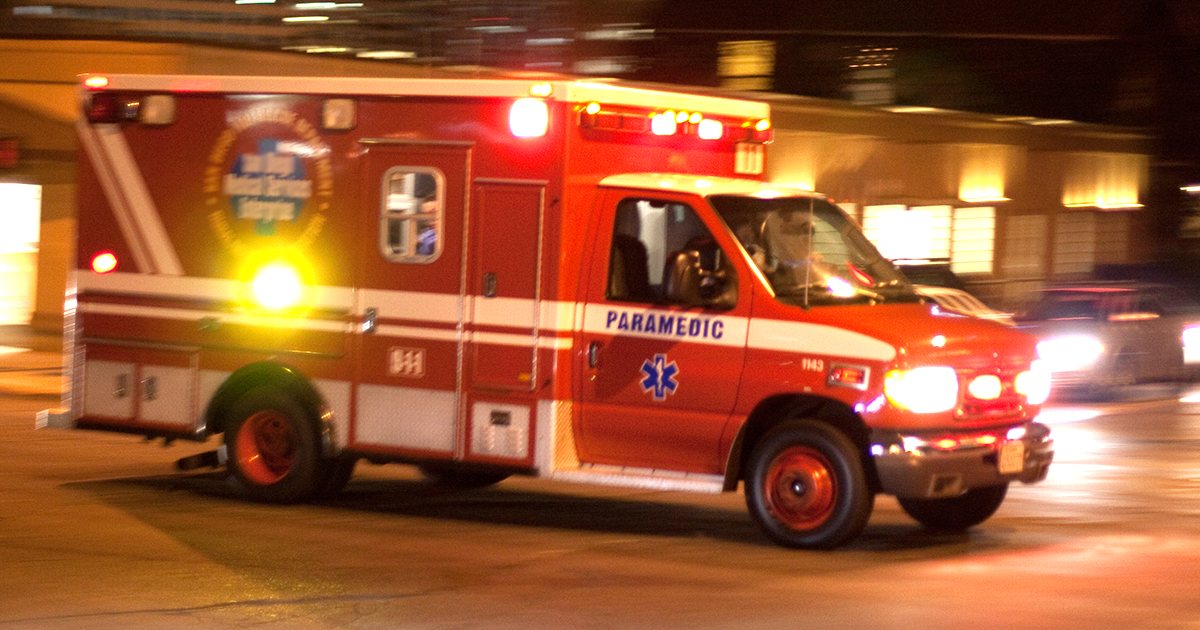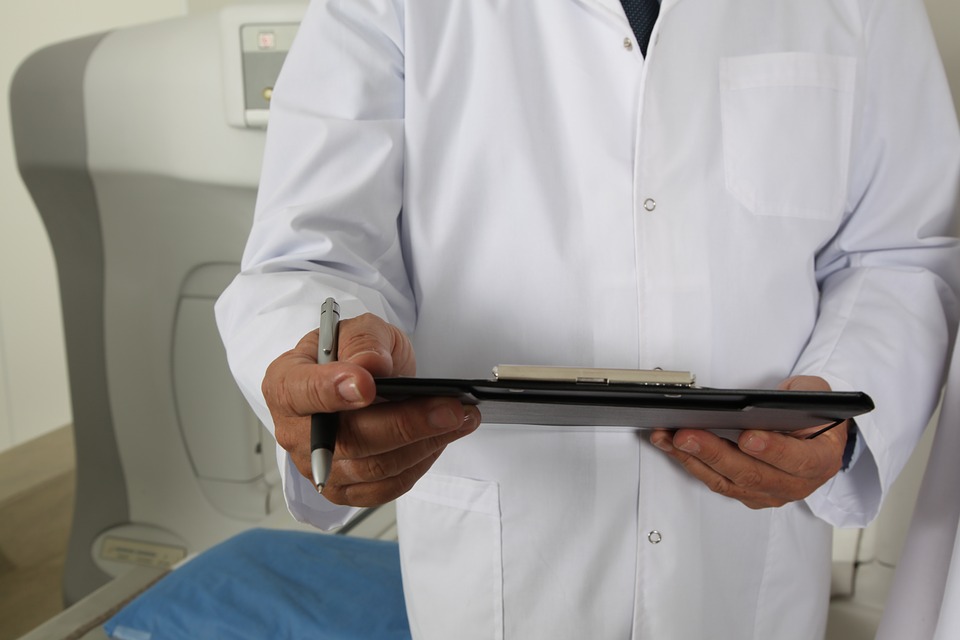The Lesson Behind This Father's Intentional Heroin Overdose

By:
Last week, Sergey Gnatovskiy deliberately overdosed on heroin to teach his son a lesson.
“I told him if you’re not going to stop, I will do the same as you do" https://t.co/0eylrHf31l
— New York Post (@nypost) June 2, 2017
After discovering his son's heroin stash, Gnatovskiy put his own life on the line—shooting up a lethal amount and leaving it up to his 23-year-old son to call New York emergency services to revive him. A responder arrived in time to save Gnatovskiy, administering a dose of the anti-overdose medication naloxone.
Drug policy experts don't endorse this potentially deadly role reversal exercise. But the story has called attention to the desperate situation more parents around the U.S. have found themselves in as the country continues to grapple with an opioid epidemic.
What are parents to do?
 eric molina/Wikimedia - wikimedia.org
eric molina/Wikimedia - wikimedia.org
When it comes to helping someone with an addiction, the ultimate goal is getting them into treatment. Gnatovskiy was successful in that respect, with his son agreeing to go back to a rehabilitation facility, The New York Post reported. However, scare tactics can only go so far.
Suzanne Degges-White, a counseling professor at Northern Illinois University who specializes in addiction, likened Gnatovskiy's intentional overdose to "the parent that bit the child when the kids was two and bit a friend and so the parent said, 'I'm going to bite you to show you how it feels.'"
"That is the exact same poor, immature parenting because you're not teaching the kid anything other than you can act as foolish and immature as the child can. — Suzanne Degges-White, PhD.
Her advice to parents of addicted children? Leverage what you can, support but don't enable your child, and accept that there are limitations to what you can accomplish on your own.
 Flickr - flickr.com
Flickr - flickr.com
"Do what you can to limit kids' access to the funds to get the drugs," Degges-White told ATTN:. "Lay down limits about what is and isn't okay. It's hard because we love our kids and we have to see them suffer, but the more willing we are to bail them out, the more willing they are to push themselves further into addiction."
And if you do manage to get your child into addiction treatment, do what you can to hold them accountable when they get out.
 Pixabay - pixabay.com
Pixabay - pixabay.com
"Be aware that if you want your kid to stay clean, you've got to trust them—but you also want to make sure that they're not on their own," she said.
"One of the main reasons people start drinking and doing drugs is from depression or anxiety. It's a self-medicating kind of thing. And if you're out of rehab and you're on your own, you are going to be depressed and you are going to be anxious. If you really want to see your kid get better, you've got to be there for them and help them stay on the right path, but you can't assume you can fix your kid. If they don't live with you, then have them call you every day at a certain time, or you call them. You've got to keep the lines of communication open and not give up on the kid."
It's easy to blame yourself for your child's addiction. It can be tempting to give them financial support and trust that they will use those funds responsibly. But the truth is, addiction is a disease that demands treatment, and parents who want to push their kids onto the path to recovery would do well to exert what control they do have and avoid enabling behavior no matter how much that might hurt in the moment.
